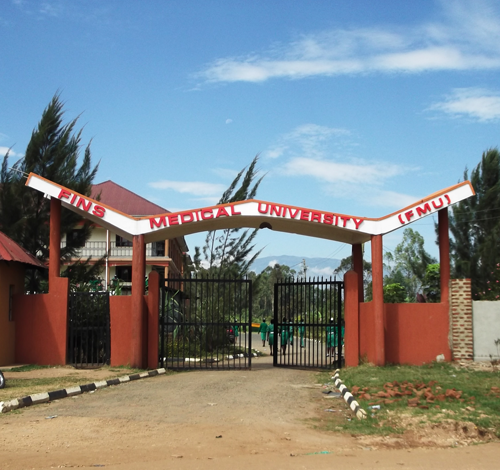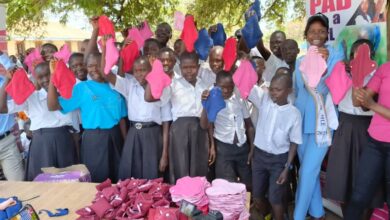NCHE accredits medicine, surgery courses at FINS Medical University
It announced the accreditation of two new academic courses with an admissible number of 50 students per year for the next eleven years.

Fort Portal: The National Council for Higher Education (NCHE) has accredited two medical programs to be run by FINS Medical University, Fort Portal. They include a Bachelor of Medicine and a Bachelor of Surgery.
The accreditation is communicated in a letter dated July 17, 2024, from Prof. Mary J. N. Okwakol, the Executive Director of the National Council for Higher Education.
It announced the accreditation of two new academic courses with an admissible number of 50 students per year for the next eleven years.
“I’m glad to inform the entire public and prospective applicants in medical-related courses that new programs have been accredited that are offered by the university, and these are Bachelor of Medicine and Bachelor of Surgery,” Vice Chancellor Dr. Deogratius Mugisha said while announcing the approval to journalists on Wednesday.
Dr. Mugisha explained that these courses come in addition to the existing programs, which include a Bachelor of Pharmacy, a Bachelor of Laboratory Technology, a Bachelor Nursing Science, a Bachelor of Midwifery Science, and a and a Bachelor of Science in Medical Education, among others, at the diploma and certificate levels.
Patrick Ruhweza, the university secretary, explained that the accreditation of the Bachelor of Medicine and Surgery alongside existing science courses will bridge the gap in the health sector.
Ruhweza noted that “this is a big milestone for this institution as FINS Medical University, and of course it is based on the big infrastructure, laboratories, and different professors who are going to serve this institution.”
“FINS Medical University, as a specialized university in East Africa, only trains courses where there is a gap, like an acute shortage of health workers from across the East African region; we have very few doctors across the region in DR Congo, Burundi, South Sudan, and Uganda itself, so it is going to reduce the human resource gap for health, which has been a big challenge.” Ruhweza explained.
Do you have an advertisement or an article you want to publish? Mail us at theugreports@gmail.com or WhatsApp +256394700683.






